President Bill Clinton passed the DMCA (Digital Millennium Copyright Act) into law in 1998 to address critical aspects of the connection between copyright and the internet. While most of us think of laws as written in stone, the DMCA can change with the times through DMCA exemptions. If you’ve never heard of them, you may wonder what DMCA exemptions are? They are a vital part of our copyright law, and we’ll show you exactly how a DMCA exemption works.
KEY TAKEAWAYS:
- The Library of Congress grants DMCA exemptions.
- DMCA exemptions allow for the legal circumvention of TPMs.
- DMCA exemptions can be permanent, or they are temporary and renewed every three years.
What is DMCA Supposed to Do?
The US Congress passed the DMCA in 1998 to do three main things: protect copyright holders, protect internet service providers, and protect specific internet platforms from users’ copyright violations. At the same time, the bill has many more sections than we’ll cover today, the most important for this article and DMCA exemptions in Section 1201.
DMCA Section 1201
Section 1201 encourages copyright holders to give consumers greater digital access to their works by giving them legal protection from hackers or pirates. In addition, this section protects against “circumventing technological protection measures (TPMs)” and trafficking. For more detail on the parts of section 1201, read on.
TPMs (Circumventing Technological Protection Measures)
“Circumventing technological protection measures” (or TPMs) is defined under the law as anything that grants access to an otherwise copyright-protected work. Circumvention occurs when someone avoids, bypasses, removes, or minimizes a TPM without permission from the copyright holder. That said, due to DRM exemptions, there are cases where TPMs are not prohibited. There are two types of TPMs protected under the law: Access and Copy controls.
Access Controls
Access controls are TPMs that protect copyrighted works from unauthorized access. This might include removing copyright protections from game consoles or finding a way to access Netflix without signing in.
Insider Tip
DMCA exemptions are a major battleground in the Right to Repair Movement.
Copy Controls
Copy controls are TPMs that protect copyrighted works from unauthorized reproductions. The encryption used on Blu-ray movies, called BD+, is a form of copy control. If you were to bypass BD+, that would be a form of TPM circumvention.** However, due to certain exemptions, both permanent and temporary, simply bypassing a copy control is not necessarily illegal.**
Trafficking
“Trafficking” refers to dealing in TPM circumvention technologies. This can include manufacturing, shipping, selling, or providing free any device or software meant to bypass copyright protection measures. Just like TPMs, certain DMCA exemptions allow for the distribution of circumvention technologies. This may include durable, nondurable, and semidurable goods like smartphones.
DMCA Exemptions Explained
Exemptions are granted when it is shown that access-control technology has had a substantial adverse effect on the ability of people to make non-infringing uses of copyrighted works. While some exemptions are permanent, others need to be regularly renewed or are only meant to last for a short time. DMCA exemptions are a major battleground in the Right to Repair Movement. Have a look at how they may affect the right to repair law in California.
Permanent Exemptions
Section 1201 includes permanent DMCA exemptions that allow for TPM circumvention, but they only apply to specific cases. For example, nonprofit libraries, museums, and educational institutes can bypass TPMs for archival or educational purposes. In addition, TPMs in the service of law enforcement or security research are also exempted. Check with the US copyright office for a full list of permanent exemptions.
Temporary Exemptions
Section 1201 provides a procedure to request temporary DMCA exemptions to circumvention technology. Temporary exemptions are renewed every three years, and they are confirmed in a little over a year. The process takes place over three US agencies: the Copyright Office, NTIA, and, lastly, the Library of Congress. The Library of Congress is the organization that approves DMCA exemptions.
F.A.Q.S
What does DMCA mean?
DMCA stands for Digital Millennium Copyright Act and it became effective in the year 2000.
Who enforces the DMCA?
The US Federal Register enforces copyright law and the DMCA.
What is DMCA violation?
A DMCA violation, or takedown notice, is an official complaint from someone who suspects internet content of copyright infringement.
STAT: The FDA calculated that around 15% of all device recalls are spurred by errors in software. (source)
REFERENCES:
- https://www.loc.gov/item/webcast-7478
- https://www.copyright.gov/reports/studies/dmca/dmca_executive.html
- https://guides.library.unk.edu/c.php?g=985162&p=7124360r
- https://en.wikipedia.org/wiki/Digital_Millennium_Copyright_Act#:~:text=Exemptions%20are%20granted%20when%20it,are%20revised%20every%20three%20years.
- https://www.copyright.gov/1201/

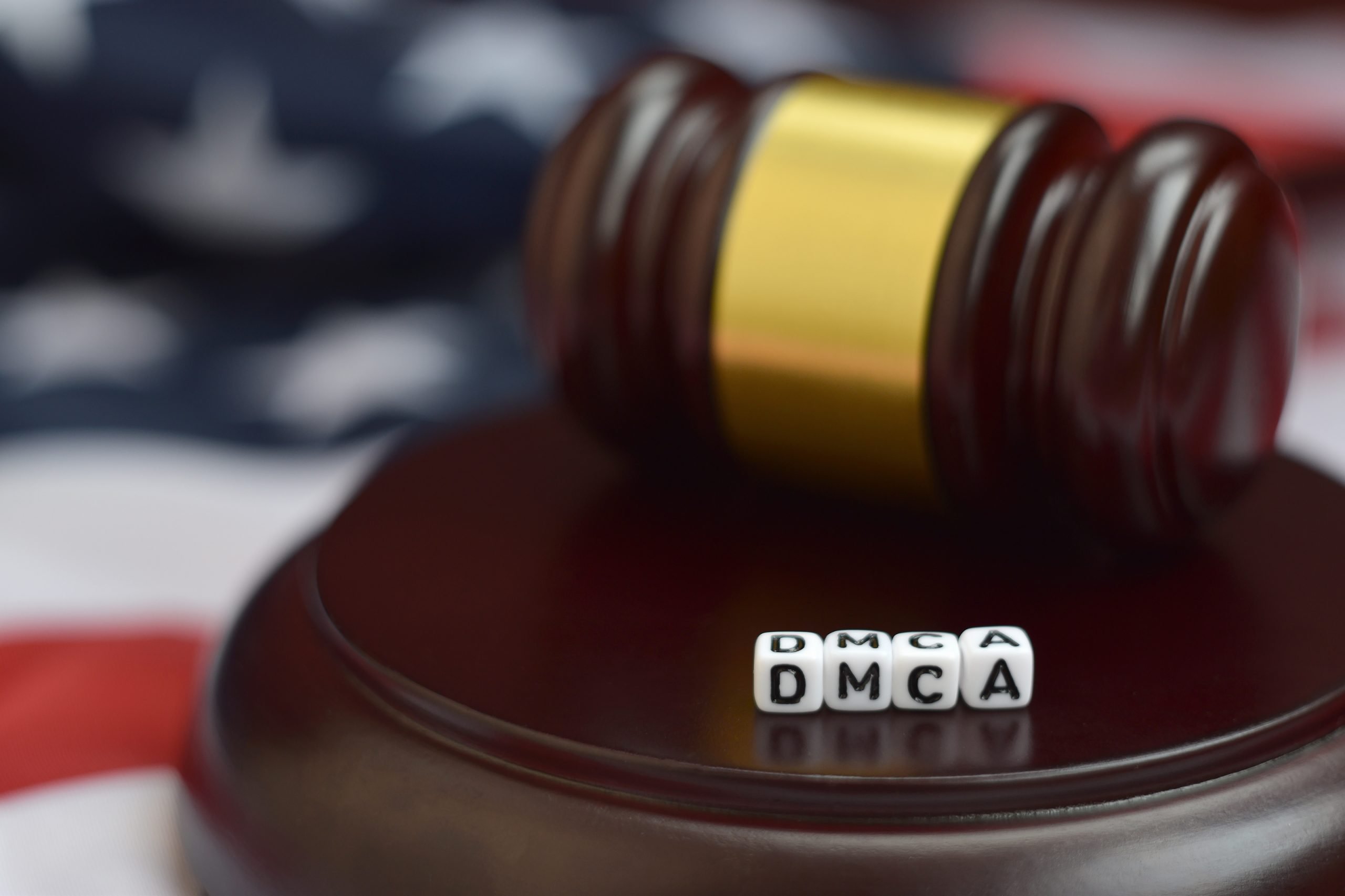










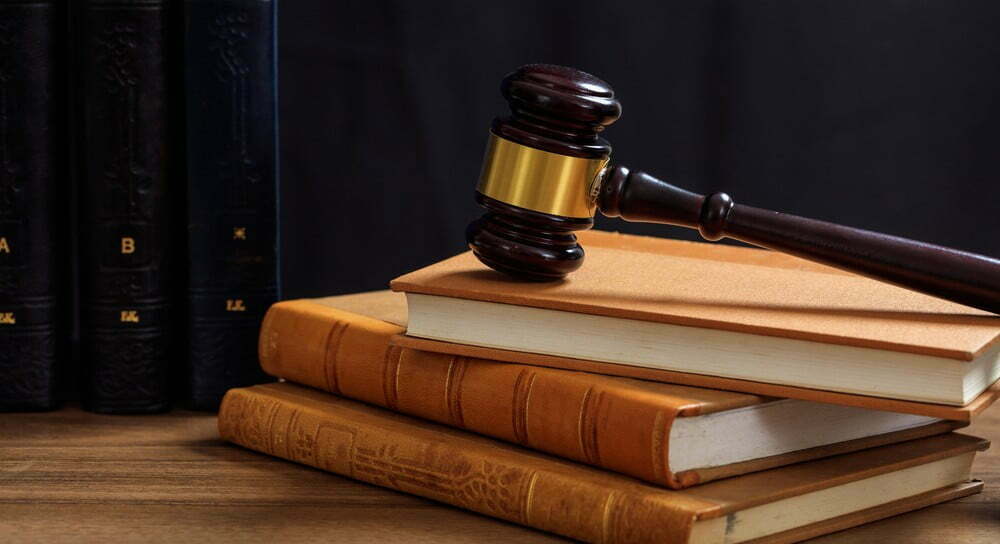
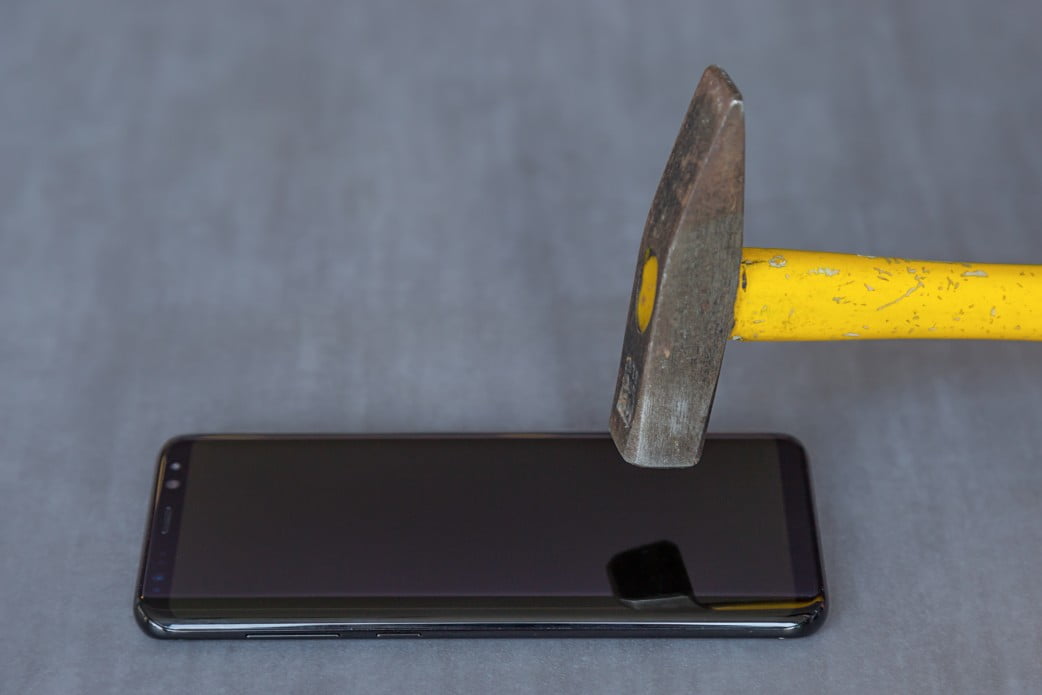
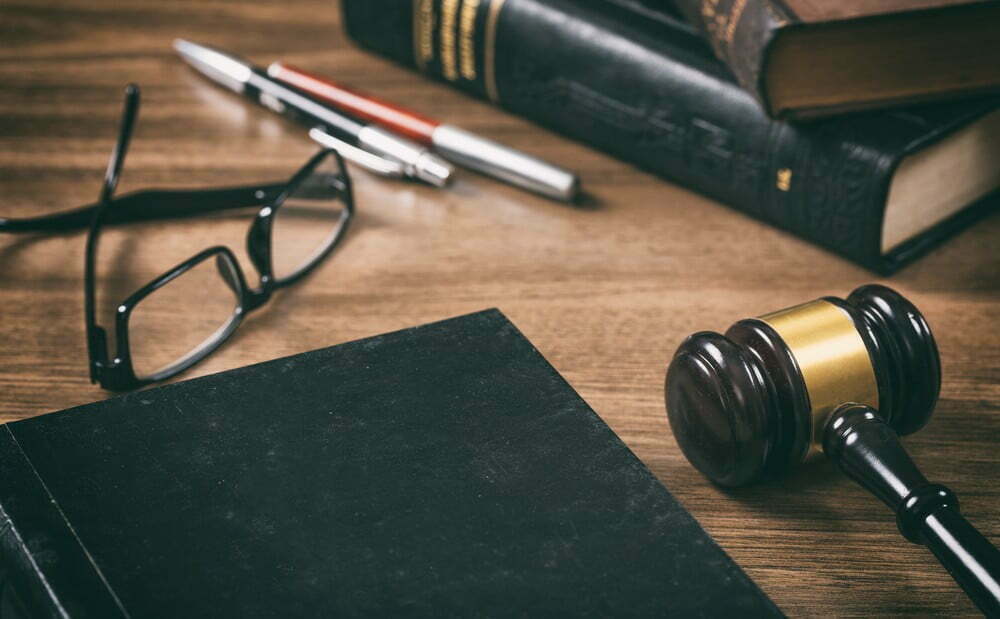
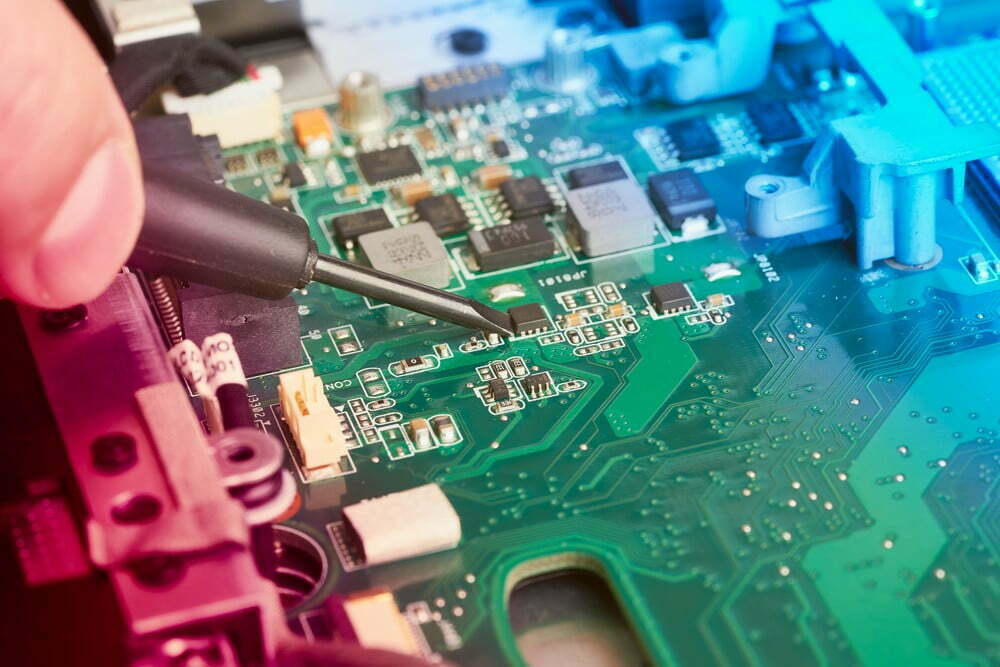
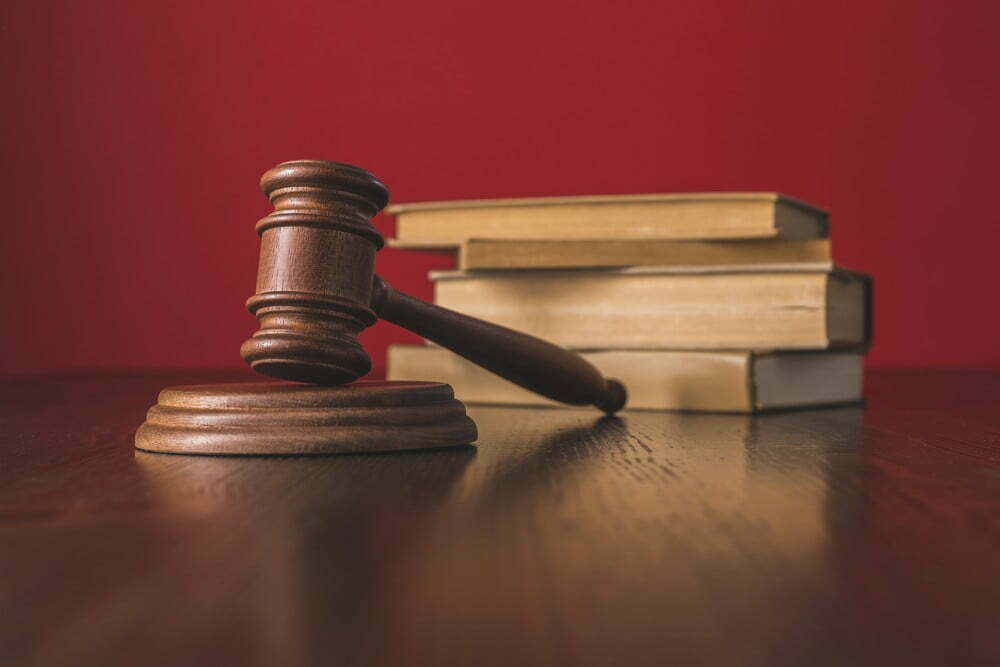



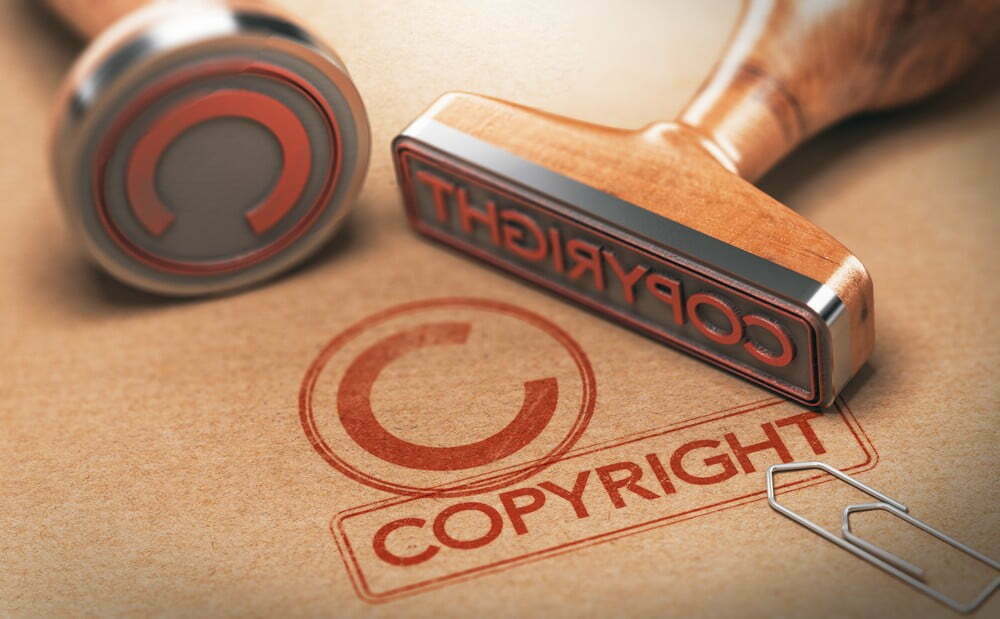


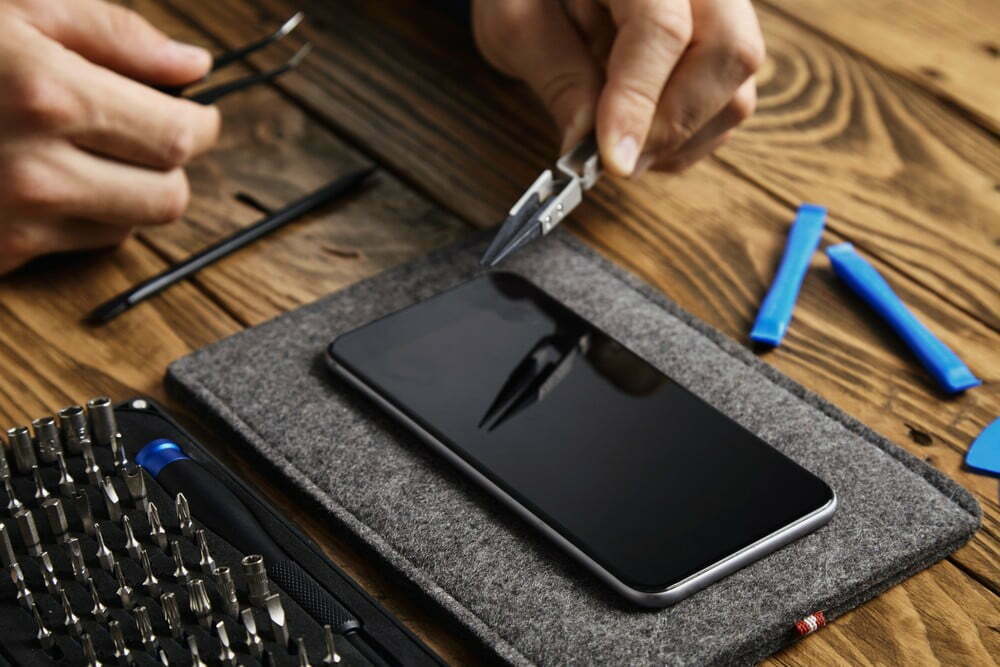

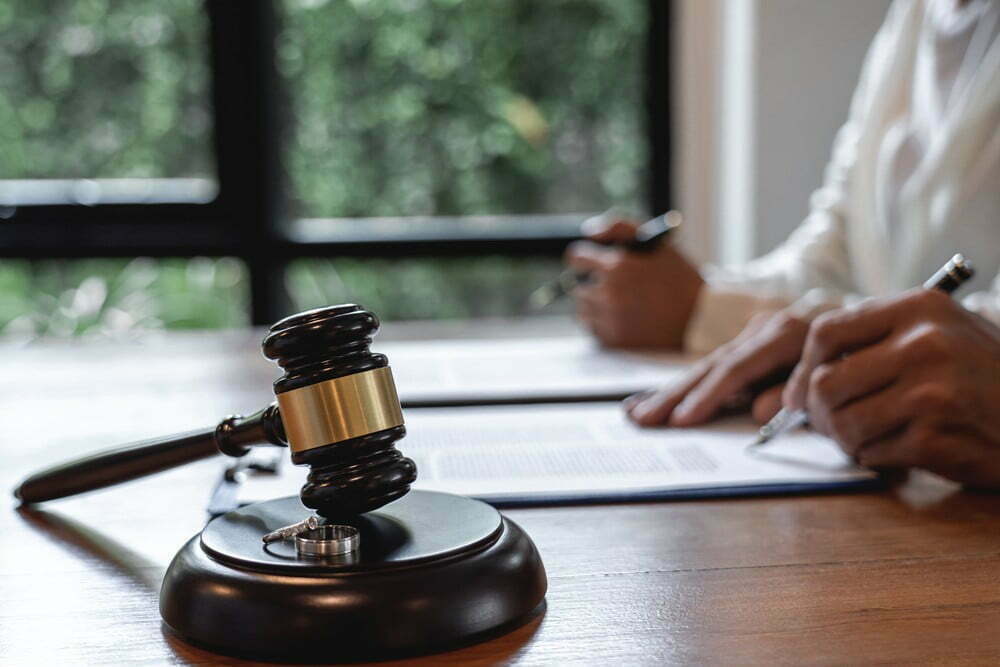
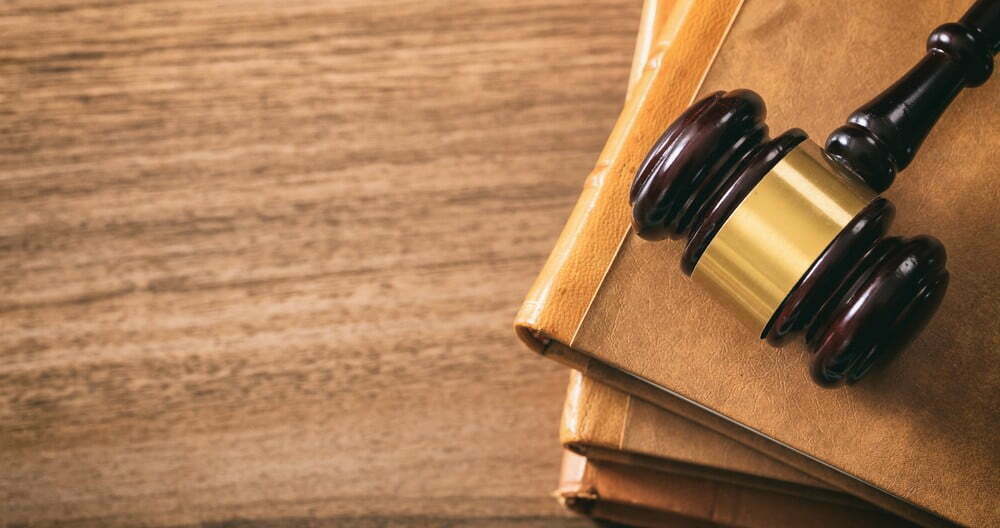
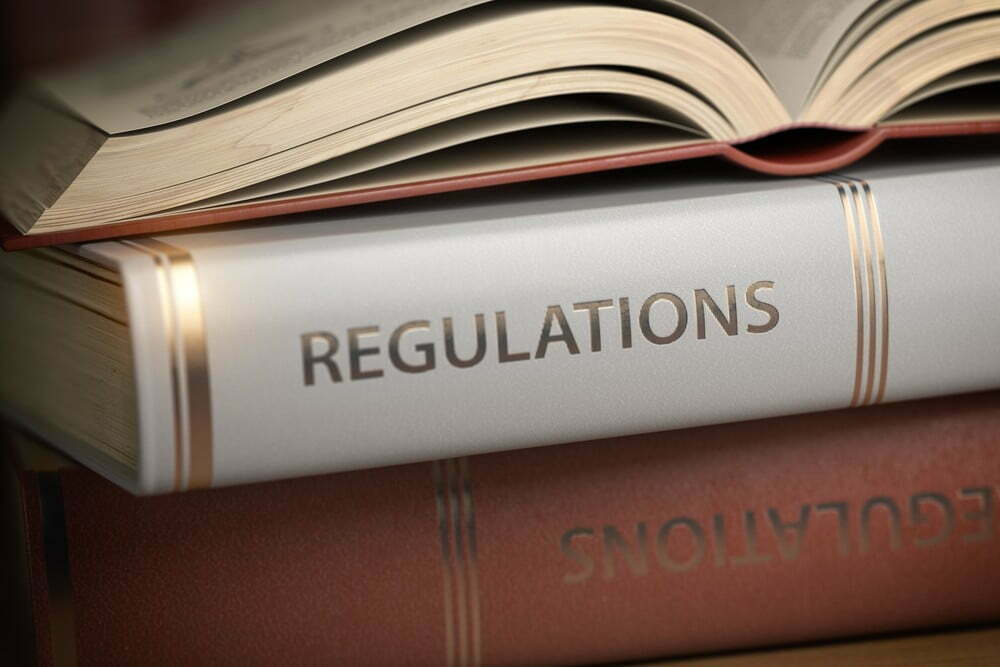
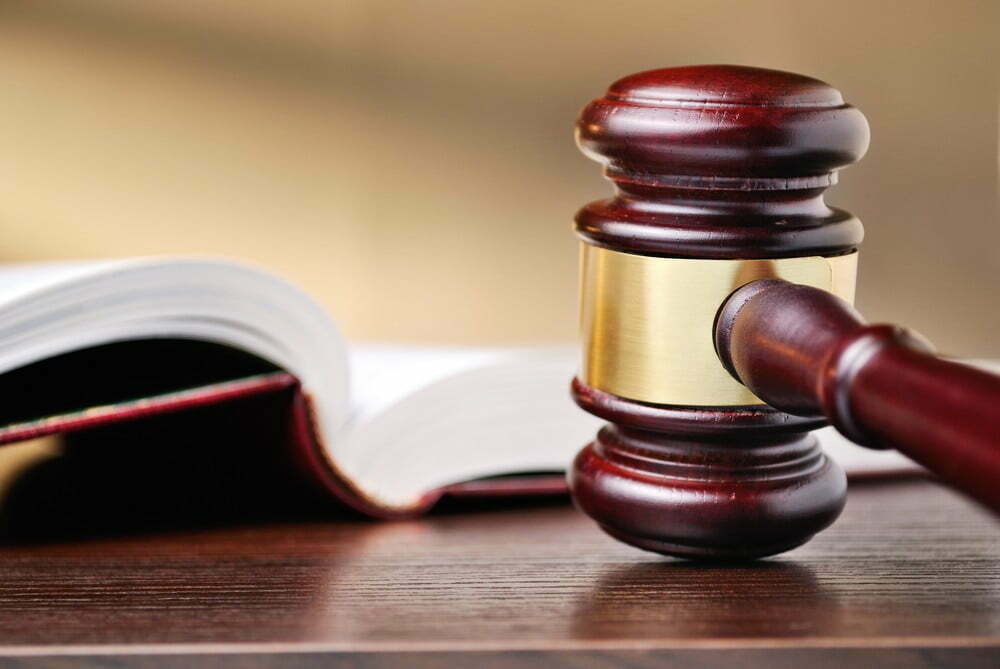
![Best Renters Insurances in [year] 22 Best Renters Insurances in 2026](https://www.gadgetreview.dev/wp-content/uploads/best-renters-insurance-image.jpg)
![Best Computer Repair Kits in [year] 23 Best Computer Repair Kits in 2026](https://www.gadgetreview.dev/wp-content/uploads/best-computer-repair-kit-image.jpg)
![Best Smartphone Repair Kits in [year] 24 Best Smartphone Repair Kits in 2026](https://www.gadgetreview.dev/wp-content/uploads/best-smartphone-repair-kit-image.jpg)
![Best iPhone Repair Kits in [year] 25 Best iPhone Repair Kits in 2026](https://www.gadgetreview.dev/wp-content/uploads/best-iphone-repair-kit-image.jpg)
![Best Windshield Repair Kits in [year] 26 Best Windshield Repair Kits in 2026](https://www.gadgetreview.dev/wp-content/uploads/best-windshield-repair-kit-image.jpg)
![Best Dent Repair Kits in [year] 27 Best Dent Repair Kits in 2026](https://www.gadgetreview.dev/wp-content/uploads/best-dent-repair-kit.jpg)